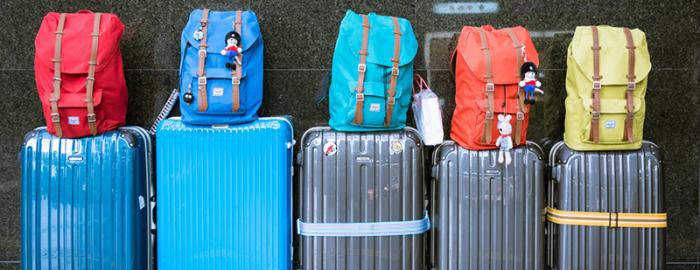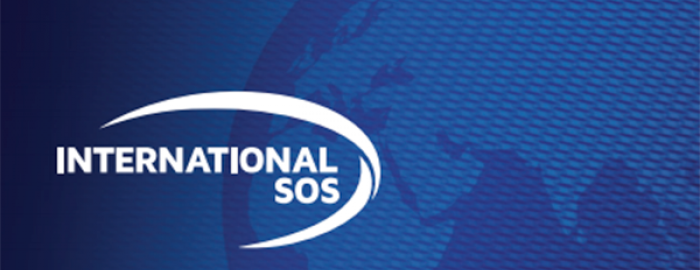Academics
- For Duke students, attend required in-person pre-departure orientation sessions. For non-Duke students, you may be able to attend the session via Skype or WebEx. If not, all relevant information will be sent to you by GEO.
- Know how to contact people/offices at Duke or your home institution whom you may need to get in touch with during your time away.
- GEO will register you for courses; check DukeHub before you depart to make sure everything is correct.
Finances
All Students
- If eligible for aid, complete financial aid application materials. Please note that your financial aid package cannot be processed until you are on Study Away Agreement Status.
- If you receive loans as part of your financial aid package, sign the Stafford Loan or University Loan Promissory Note online.
- Clear all registration holds and make sure all outstanding balances are paid to the Duke Bursar Office or similar office at your home institution.
- Pay all required tuition and fees. Duke-administered program participants will be billed via the Bursar’s Office.
- Plan a budget, including an emergency fund (we suggest a minimum of $250).
On Programs Outside the U.S.
- Consider taking around US $100 in local currency with you.
- Notify your bank and credit card company that you will be abroad.
- Request a chip and pin credit and/or debit card if you do not already have one.
- Arrange for 'power of attorney' for the person handling your financial affairs in your absence (if not parent or guardian).
Travel & Communication
All Students
- Make travel arrangements, on your own or as part of a group flight sponsored by your program.
- Make copies of important documents (passport, ISIC, credit cards, etc.). You may want to save a digital copy of your documents in a secure cloud storage location, such as DukeBox.
On Programs Outside the U.S.
- Apply for your passport. If you already have a passport, make sure that it is valid for at least six months past the date of your anticipated return; if it is not, renew it ASAP.
- Apply for and obtain a visa, if necessary.
- If you are an international student studying in the U.S. on a student visa, consult with the Duke Visa Services Office or a similar office at your home institution to make sure your visa and other papers are in order.
- Consider getting an International Student Identity Card (ISIC).
- Figure out how you will have cell phone service in your host country.
- Set up Eduroam on your laptop to ensure Wi-Fi access at your host university (if applicable).
Health, Safety, and Security
- Understand how your health insurance plan covers you. Get insurance for additional coverage as needed.
- Discuss safety, terrorism, and emergency contact procedures with your family.
- Have a physical, dental check, eye examination, etc. Make sure you receive all appropriate immunizations and obtain prescription medications.
- Research the location where you will be studying. If studying abroad, review information released by the U.S. State Department, International SOS, and speak to people who have traveled or lived there. Reach out to GEO if you have any questions or concerns.









